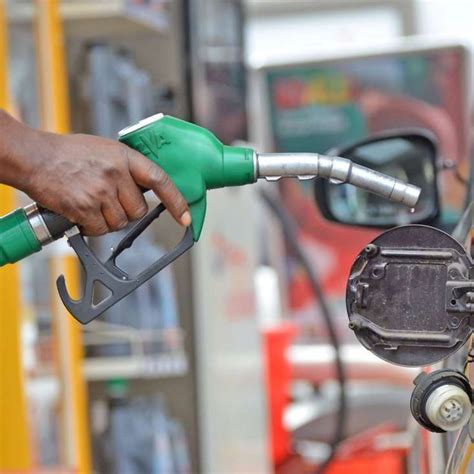Understanding the Link Between Driving and Fuel Economy
For many men, driving is more than just transportation; it’s an experience. However, the way one drives significantly impacts a vehicle’s fuel efficiency (MPG) and, consequently, monthly fuel expenses. Understanding these connections can lead to substantial savings and a more eco-friendly commute. This article explores how specific driving habits directly influence how much you spend at the pump each month.

Aggressive Driving: A Major Fuel Drain
One of the most significant culprits behind poor MPG is aggressive driving. This includes rapid acceleration, hard braking, and frequent lane changes. When you accelerate quickly, your engine demands a much larger amount of fuel to generate the necessary power. Similarly, sudden braking wastes the kinetic energy built up by the fuel used to accelerate, effectively burning fuel for no lasting benefit. Studies show that aggressive driving can lower gas mileage by 15% to 30% at highway speeds and 10% to 40% in stop-and-go traffic.
Consider the cumulative effect over a month: if a driver consistently accelerates and brakes harshly, they could be spending hundreds more annually than a smooth driver, even with the same commute distance. This habit not only drains your wallet but also puts undue stress on your vehicle’s engine, brakes, and tires.
Speeding and Idling: The Silent Killers of MPG
While the thrill of speed is undeniable, exceeding speed limits is a direct path to lower fuel efficiency. Fuel economy generally decreases rapidly at speeds above 50 mph. For every 5 mph you drive over 50 mph, it’s like paying an additional $0.35 per gallon for gas. High speeds require the engine to work harder against air resistance, consuming more fuel.

Conversely, idling, which seems harmless, also wastes fuel. Modern engines do not need extensive warm-up periods. Letting your car idle for more than 10 seconds uses more fuel than restarting your engine. Whether you’re waiting in a drive-thru line or parked outside a store, turning off your engine can save a surprising amount of fuel over time.
Maintenance Matters: Tire Pressure and Vehicle Health
Beyond driving style, vehicle maintenance plays a critical role in MPG. Underinflated tires are a common oversight. When tires are not properly inflated, they increase rolling resistance, forcing the engine to work harder to move the vehicle. This can decrease gas mileage by up to 3% and significantly impact tire life. Regularly checking and maintaining correct tire pressure is a simple yet effective way to save fuel.

Other maintenance issues, such as a dirty air filter, worn spark plugs, or an engine that is out of tune, can also drastically reduce fuel efficiency. A well-maintained vehicle operates more efficiently, ensuring that every drop of fuel is used effectively. Regular service according to the manufacturer’s recommendations is an investment that pays off at the pump.
The Direct Impact on Monthly Fuel Costs
Let’s put this into perspective. If an average male driver spends $200 on fuel per month and improves his MPG by just 10% through better driving habits and maintenance, he could save $20 monthly, or $240 annually. For those with higher fuel bills or longer commutes, these savings can be substantially greater. Imagine reducing a $400 monthly fuel bill by 15%; that’s $60 in your pocket every month, adding up to $720 a year.

These savings aren’t just theoretical; they are directly achievable by implementing small changes. Smoother acceleration, anticipating traffic, maintaining a steady speed, and adhering to a maintenance schedule are all within a driver’s control and have a tangible impact on personal finances.
Strategies for Maximizing Your MPG
- Drive Smoothly: Accelerate gently and anticipate stops to avoid hard braking.
- Maintain Speed Limits: Especially on highways, keeping to the speed limit significantly improves efficiency.
- Minimize Idling: Turn off your engine if you’re going to be stopped for more than 10 seconds.
- Check Tire Pressure Regularly: Ensure tires are inflated to the manufacturer’s recommended levels.
- Regular Vehicle Maintenance: Keep your engine tuned, air filters clean, and oil changed.
- Reduce Excess Weight: Remove unnecessary items from your trunk.
- Limit Roof Racks/Cargo Boxes: These create aerodynamic drag, especially at higher speeds.

Conclusion: Drive Smarter, Spend Less
The relationship between driving habits, MPG, and monthly fuel costs is undeniable. For men looking to optimize their vehicle’s performance and save money, adopting fuel-efficient driving practices and staying on top of vehicle maintenance are crucial. By making conscious choices behind the wheel, drivers can significantly reduce their expenditures at the gas pump, contributing to both their financial well-being and a healthier environment.




